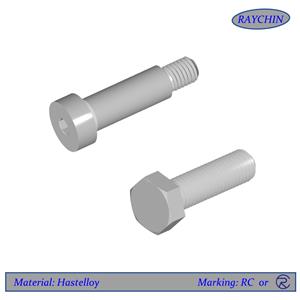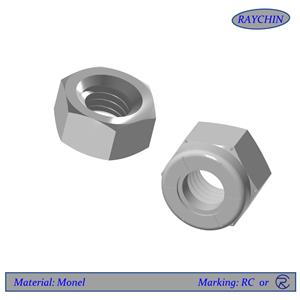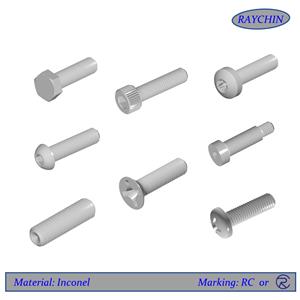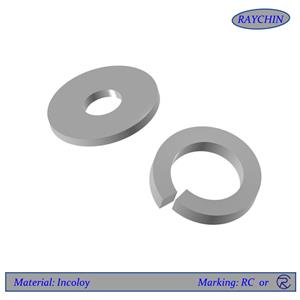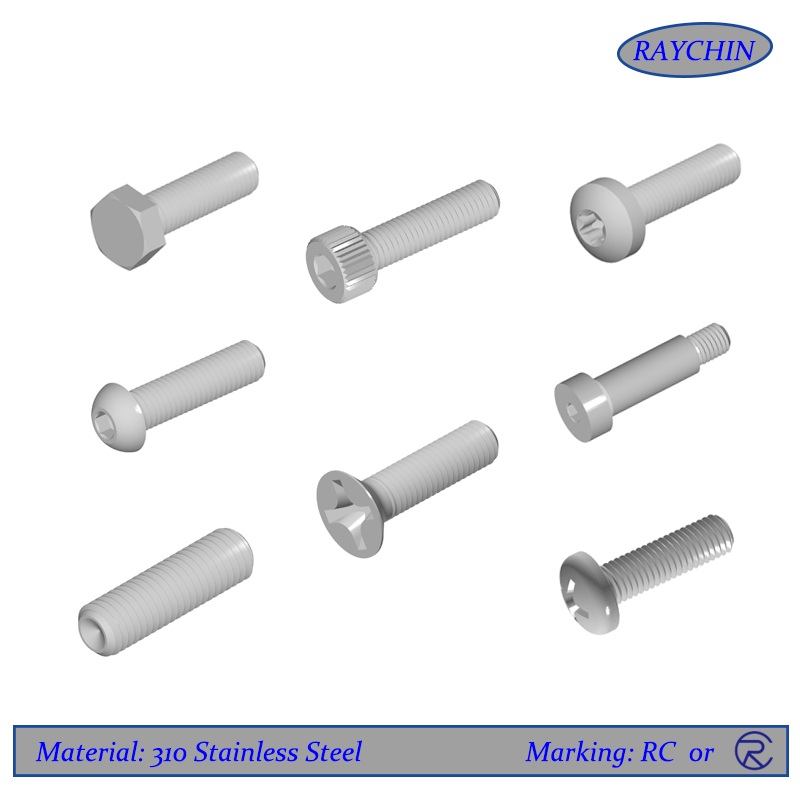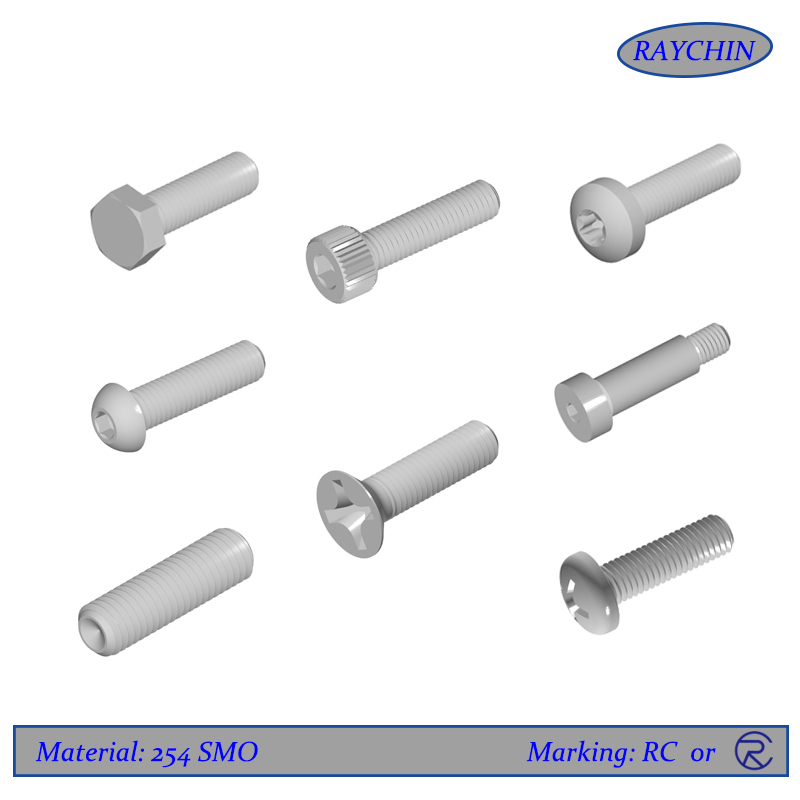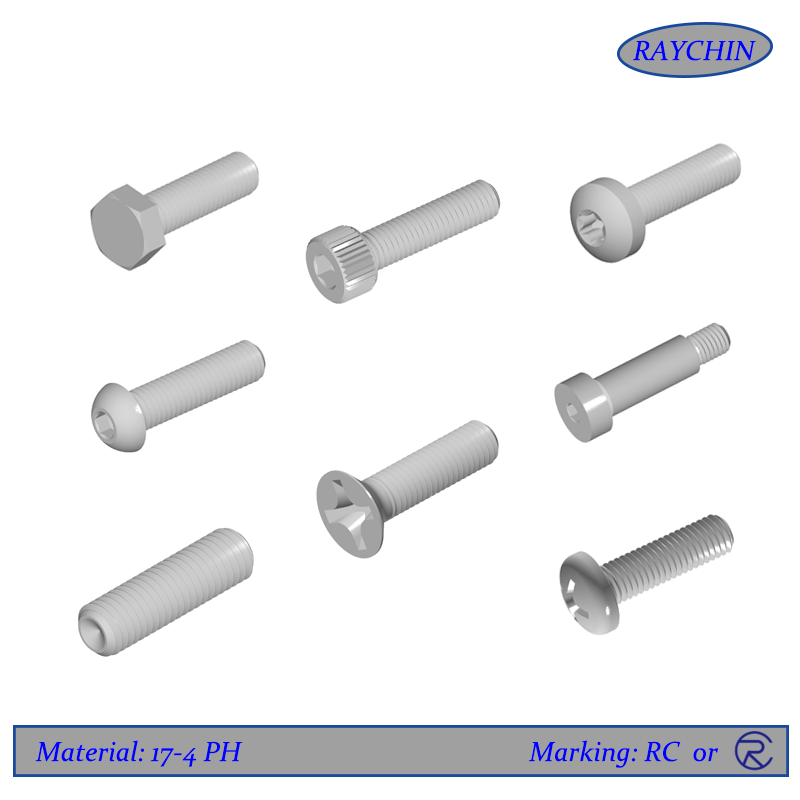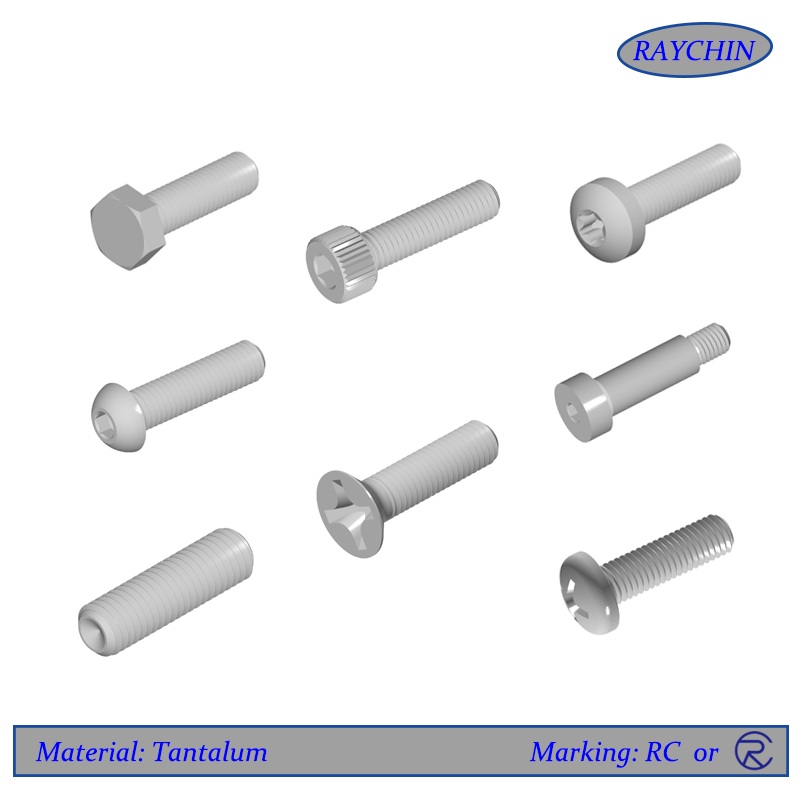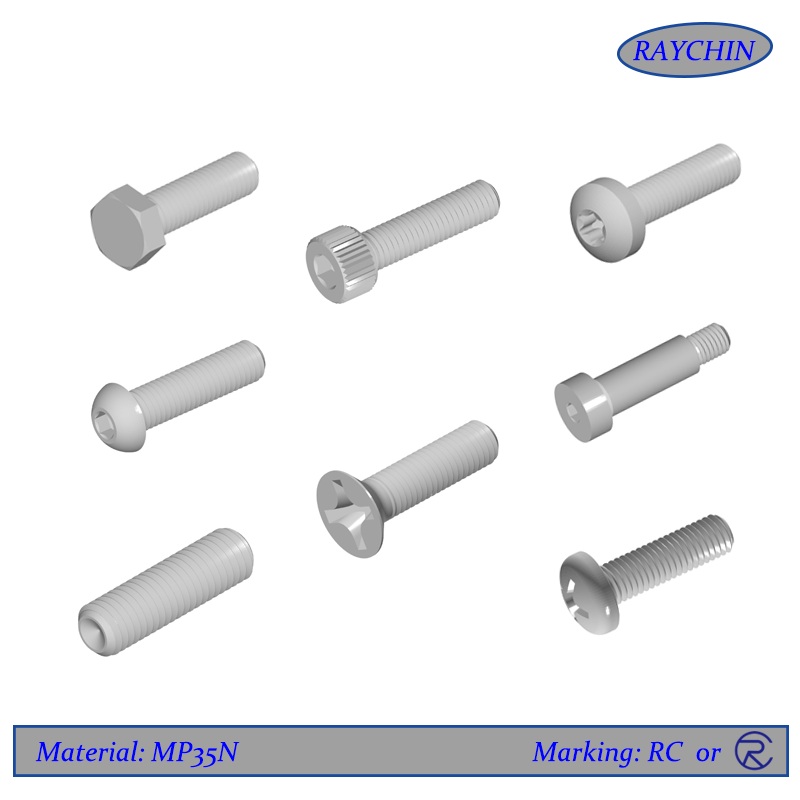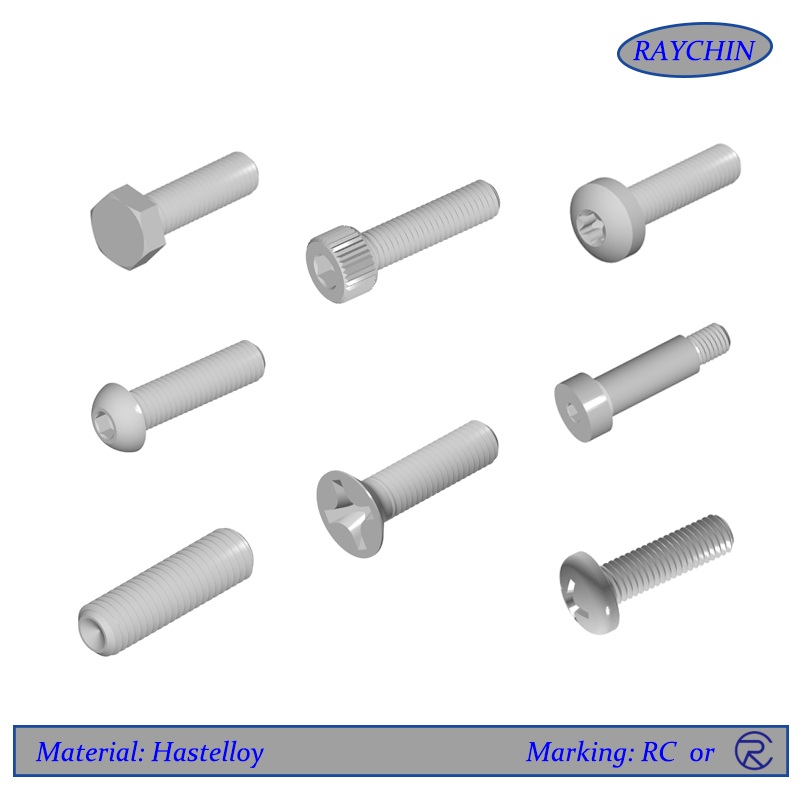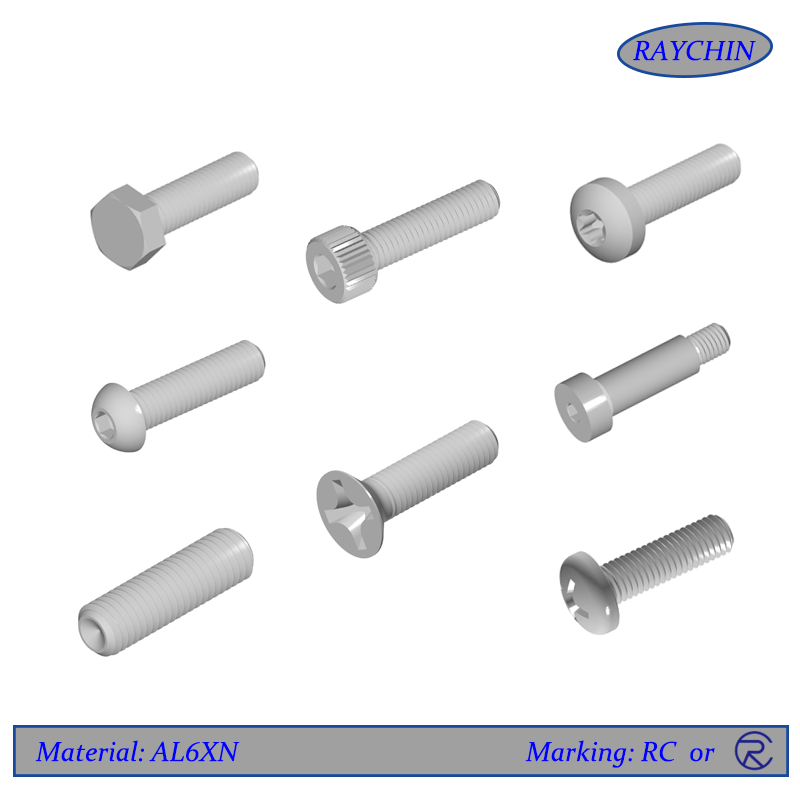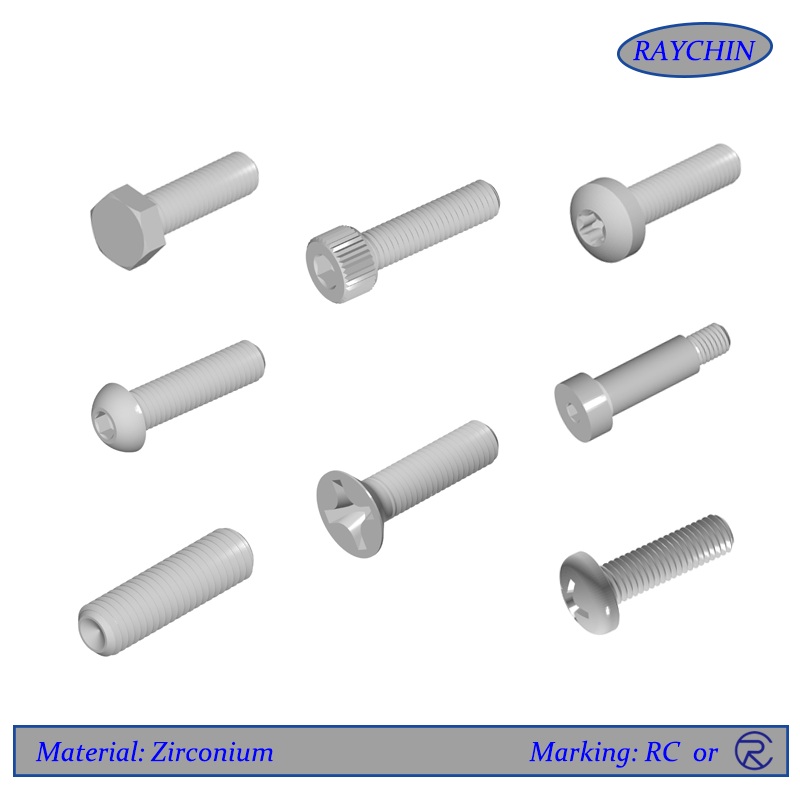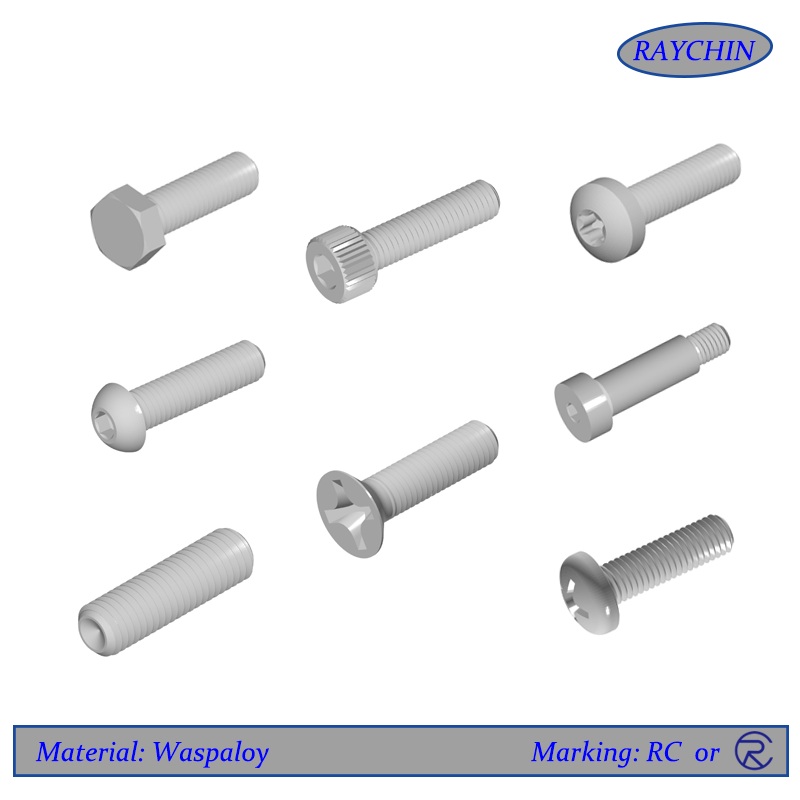-
310 Stainless Steel Fasteners
Designed for high temperature applications, 310 stainless steel fasteners provide high temperature oxidation resistance to 2000°F under mild cyclic conditions. An economic alternative to nickel alloys like alloy 330 or Inconel, 310 fasteners provide slightly less strength and temperature resistance – but at a significantly lower price point. Alloy 310 can be used in moderately caburizing, moderately oxidizing, nitriding, cementing and thermal cycling applications when not used at the maximum service temperature. 310SS fasteners also have good resistance to sulfidation and other forms of hot corrosion. Although primarily known for its high temperature properties, 310 stainless steel also provides excellent performance at cryogenic temperatures, with toughness down to -450˚F. Though 310 is ideal for high temperature use, it should not be exposed to the severe thermal shock of repeated liquid quenching or where aqueous corrosive contaminants are present.
Send Email Details -
254 SMO Fasteners
254 SMO (1.4547) fasteners are made of a high-end stainless steel alloy that was developed for resistance to saltwater and chloride corrosion. This 6-Moly (6% Molybdenum) alloy has good localized corrosion resistance and 254 SMO provides much higher strength than other austenitic stainless steels. 254 SMO bolts are an ideal choice for high chloride environments including brackish water, seawater and other applications that demand heavy use of chlorines and chlorides. Compared to sister 6-Moly alloy AL6XN, 254 SMO fasteners offer slightly less high temperature stability corrosion resistance and strength.
Send Email Details -
17-4 PH Fasteners
17-4 PH fasteners are made from a precipitation hardened stainless steel most known for its exceptional strength and its ability to maintain its mechanical properties to 600°F. Compared to 316 stainless steel, 17-4 PH fastener's yield strength is up over 4 times greater. When compared to Duplex 2205 fasteners, the yield strength of 17-4 PH can be up to 2-½ times greater.
Send Email Details
RAYCHIN 17-4 fasteners are available in 8 different aged (precipitation hardened) conditions offering a variety of mechanical properties (see below). In addition, we also offer 17-4PH fasteners per ASTM F593 Grade 630 which ensures specific tensile and yield strengths. -
Tantalum Fasteners
Tantalum fasteners are best known for its unmatched corrosion resistance and chemical inertness. Tantalum fasteners have a similar corrosion resistance to that of glass, but all of the typical mechanical and electrical properties of a metal.
Send Email Details
Tantalum fasteners are also extremely stable at high temperatures, since tantalum has a melting point around 3000°C. High temperature applications require vaccum or inert gas since tantalum may embrittle when used in oxygen rich environments above 250°C. Tantalum fasteners are also one of the most bio-compatible metals available and is also radio-opaque due to its high density (16.68 g/cm3).
All tantalum fasteners are available in commercially pure tantalum and tantalum 2.5% tungsten (Ta-2.5%W). -
MP35N Fasteners
MP35N (2.4999) fasteners are known for their extraordinary strength and are the strongest fasteners we offer at RAYCHIN. MP35N fasteners owe their extraordinary strength to a unique alloy combination of nickel, cobalt, chrome and molybdenum and have ultimate tensile strengths that range from 227 ksi to 294 ksi (with age hardening).
Send Email Details
Beyond the strength of MP35N fasteners, they are also exhibit good corrosion resistance and can resist most mineral acids, hydrogen sulfide, seawater and salt spray environments.
MP35N fasteners are also resistant to high temperature oxidation and could operate in environments up to 800°F and still maintain much of its strength. -
Hastelloy Fasteners
Hastelloy Fastener
Send Email Details
Hastelloy fasteners such as bolts, screw, nuts and threaded rods are ideally suited for a wide variety of medium to severe corrosive acid environments. The most common grade for Hastelloy fasteners is Hastelloy C276 (2.4819), which is the one of the most versatile of the corrosion resistant nickel alloys – exceeding that of Inconel or Monel. Hastelloy fasteners are also available in other specialty grades that can address more niche corrosion issues.
Hastelloy fasteners are resistant to some of the most severe chemicals, this very material often finds use in oil & gas sour gas service, chemical processing, power industries flue gas desulfurization systems, off-shore oil and down hole environments, pulp & paper bleaching and digesters, as well as other industrial facets where corrosion is an issue. -
AL6XN Fasteners
Originally developed to combat sea water corrosion, AL6XN has expanded its role as being good mid-range corrosion resistant alloy. AL6XN fasteners are a low carbon, high purity, nitrogen-bearing "super-austenitic" stainless alloy. Also considered a 6-Moly alloy (6% Molybdenum), AL6XN bolts are similar in composition and capabilities to Alloy 926 and SMO 254. With a higher nickel and molybdenum content than Duplex 2205 and Super Duplex 2507, it delivers better corrosion resistance while giving a more cost effective alternative to nickel super alloys like Inconel or Hastelloy in moderately corrosive conditions.
Send Email Details -
Zirconium Fasteners
Commercially pure zirconium screws, also known as zirconium 702, are most well-known for their superior corrosion resistance in some of the harshest environments that include:
Send Email Details
• Hydrochloric Acid• Sulfuric Acid• Formic Acid• Nitric Acid • Acetic Acid
It is also a metal that offers industry unique properties. It does not absorb neutrons, making it ideal for use in nuclear power and at low temperatures it is superconductive, making it ideal for super magnets.
Hydrochloric Acid Resistance
What makes Zirconium screws particularly useful to industry is their resistance to hydrochloric acid where they exhibit a corrosion rate of less than 5mpy at all concentrations and temperatures in excess of the boiling point. Even in 37% HCI, Zirconium screws do not begin to show substantial corrosion until 130°C (266°F). This performance is unmatched by any other engineering metal or alloy with the exception of tantalum. To give you a point of reference, Hastelloy C276 will experience 288 mpy (mils per year) of corrosion in just 10% HCl at the boiling point while Zirconium screws will have a nil corrosion rate even when aerated. As a result, Zirconium screws are most beneficial when used is in hydrochloric acid processes with temperatures above the boiling point and in the absence of oxidizing impurities. -
Waspaloy Fasteners
Waspaloy (2.4654) fasteners are known for their superb high strength at elevated temperatures. Waspaloy is a high performance nickel alloy combined with cobalt, chrome and molybdenum to create it’s unique combination of strength and high temperature stability.
Send Email Details
Similar to that of Inconel 718 fasteners, Waspaloy fasteners exceed the strength and stability of Inconel 718 at elevated temperatures beyond 1400°F. In addition, the oxidation resistance of Waspaloy fasteners make it an ideal materials for high temperature applications like gas turbines engines, and a variety of other aerospace components.

